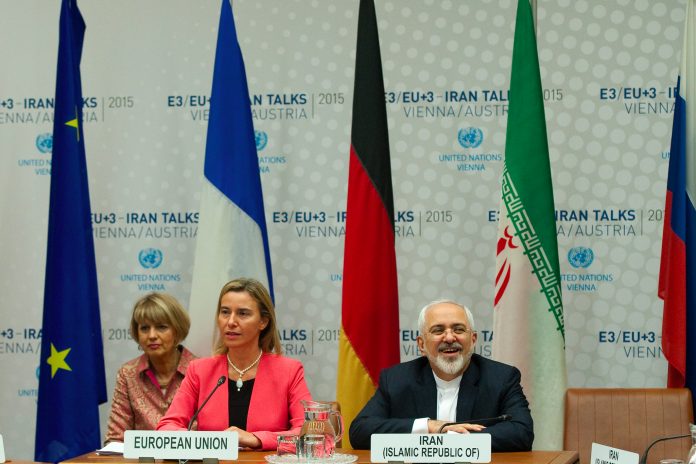The European Union and the United States are divided over Iran. US President Donald Trump has given a May 13 deadline to fix the 2015 nuclear deal with the Islamic Republic, but the EU wants to safeguard the pact.
While Tehran agreed, under the accord, to curb its nuclear ambitions for at least 10 years, there is disagreement over how to achieve this.
As reported by the Reuters news agency, France has pushed for new sanctions over Iran’s missile programme and involvement in conflicts in the region, including in Syria where Tehran backs President Bashar al-Assad. Paris hopes that would show Trump the EU takes his concerns seriously.
While Britain and Germany back France, other EU member states (namely Italy, Austria and Spain) fear any such move would upset Tehran and European firms’ chances of winning lucrative contracts there as the country opens up after decades of international isolation.
Italy has also argued there is no guarantee that new EU sanctions ensure Trump does not walk away from the nuclear accord anyway.
Foreign affairs ministers of all EU member states are slated to meet in Luxembourg on April 16 to discuss the sanctions, which require unanimity.
On April 12, the EU extended the only remaining sanctions it has against Iran, related to human rights violations, by a year until April 2019.
As reported by Reuters, these include asset freezes and travel bans against 82 people and one entity, as well as a prohibition of exports of equipment that could be used for internal repression and monitoring telecommunications, the bloc said in a statement.
Last month, the United Nations said Iran arrested activists and political opponents in a clampdown on freedom of expression and continued to use torture to coerce confessions.

